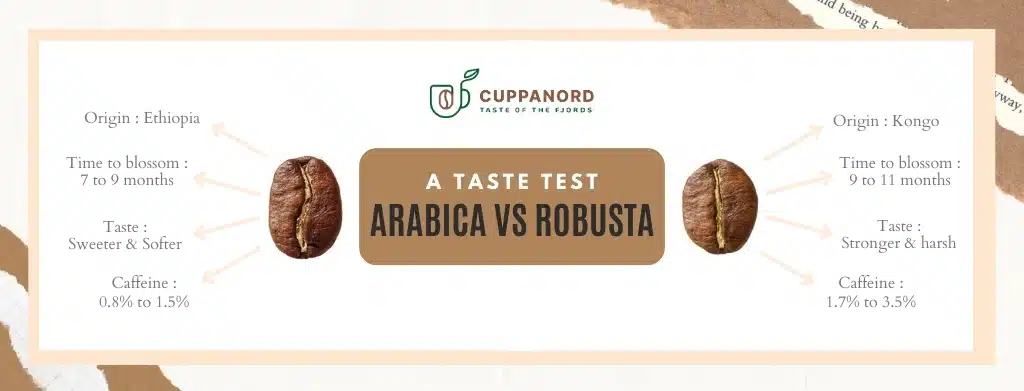Coffee beans that are grown without the use of artificial fertilizers, pesticides, or herbicides are known as organic espresso beans. Rather, they are grown naturally, with an emphasis on preserving ecosystems and healthy soil. These beans are grown by farmers using crop rotation, organic compost, and other eco-friendly methods.
Growing is a more environmentally friendly and sustainable procedure. Notwithstanding the manifold advantages, a number of misconceptions regarding organic espresso beans persist, leading to perplexity among buyers. The purpose of this post is to dispel those misconceptions and provide evidence for the inclusion of organic espresso beans in your daily coffee regimen.
Common Myths About Organic Espresso Beans
Myth 1: Espresso Beans Are Too Expensive
The idea that organic espresso beans are expensive is a prevalent one. Although organic farming can be more costly than conventional farming, due to its labor-intensive practices and lower yields, the cost difference is frequently not as great as many people think. Conventional coffee is less expensive, but because it uses dangerous chemicals, it frequently has undetected negative health and environmental effects.
Additionally, as demand for organic coffee has grown, the price differential between ordinary and organic coffee beans has shrunk. For many coffee enthusiasts, the slight price increase is justified by the health benefits and better flavor of organic espresso beans.
Myth 2: Organic beans don’t taste as well as conventional espresso beans
Another misunderstanding is that normal espresso beans have more flavor than organic ones. But many coffee experts don’t agree. Organic farming practices can enhance the natural flavors of coffee. By removing additives that could weaken the beans’ richness, organic coffee maintains more of its unique characteristics, giving it a stronger and more authentic flavor.
Organic espresso beans are frequently characterized as having a creamy, smooth finish and a full-bodied flavor profile. The richness of flavor in organic espresso has been commended by many coffee connoisseurs and baristas, who observe that it makes a richer, cleaner cup.
Myth 3: It’s Hard to Find Organic Espresso
Some people think it’s hard to find organic espresso beans, but this is becoming less and less accurate. Coffee and other organic products have seen a sharp increase in demand in recent years. As a result, organic espresso beans are increasingly accessible in local shops and online.
Organic choices are now widely available in supermarkets, specialty shops, and coffee shops. Moreover, a large variety of organic espresso beans are available from internet merchants, making it simpler than ever to buy premium organic coffee. Organic espresso beans are no longer as hard to find as they once were, whether you want to buy them online or in person.
Why Organic Beans Are Unique







